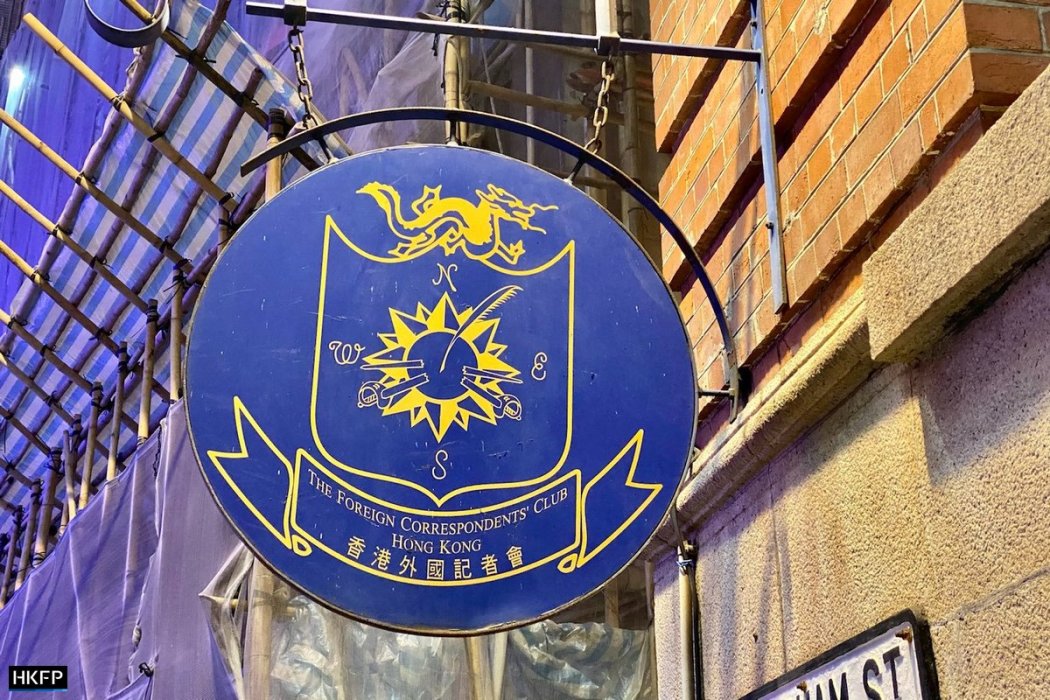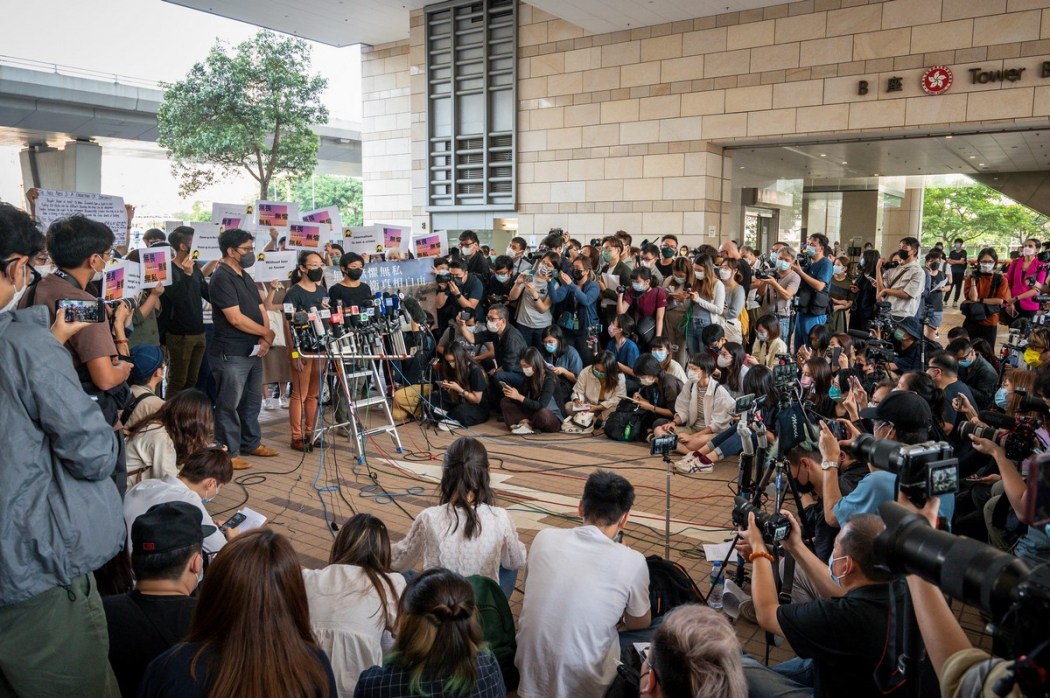A Hong Kong press club has urged the city’s police chief to clarify recent comments he made about prosecuting peddlers of “fake news”, while claiming that “foreign forces” were attempting to stir hatred and conflict in the city using disinformation.
On Thursday, in an open letter to the commissioner of police, Chris Tang, the Foreign Correspondents’ Club (FCC) cited remarks he made in the Legislative Council last Friday, where he pledged to take action against people who “endanger Hong Kong’s security using fake news”.

Tang’s vow came after he alleged foreign powers were deploying proxies in Hong Kong and making use of “fake news” to cause divisions in society.
“Many foreign forces make use of agents in Hong Kong to incite hatred, divide society, create conflicts and threaten people who speak the truth with fake news and disinformation,” the city’s top police officer told lawmakers.
“For those endangering Hong Kong’s security using fake news, we will launch a comprehensive investigation. When there is evidence, we will make an arrest and (start a) prosecution right away,” said Tsang.
The FCC said taking action against “fake news” was a matter of “serious concern” to journalists. The club asked Tang to give a specific definition of “fake news,” which it described as an ill-defined term. It also questioned what form of reporting may be deemed as “fake news,” and the legal basis for launching an investigation and prosecution.

“The term ‘fake news’ is vague, subjective and has been used by public figures around the world to attack coverage they view as unfavourable – and the journalists responsible for it – even when it is factually correct,” the FCC letter read.
The press group urged Tang to explain how his pledge to tackle “fake news” was compatible with previous promises by the authorities to protect the city’s press freedom. It added that numerous countries have used the legislation against “fake news” to suppress freedom of the press and free speech.
Local and international press groups have expressed deep concern that journalists in Hong Kong are facing more pressure and threats, after Beijing’s passage of a sweeping national security law last June.
Such concerns have deepened in recent months, amid an overhaul of the city’s public broadcaster RTHK, which faced a barraged of criticism from pro-Beijing politicians and groups for “biased” programmes against the government and police.

The conviction of freelance journalist Bao Choy on Thursday has also fuelled fears that press freedom is under assault in Hong Kong. The documentary producer was found guilty and fined for making false statements to obtain vehicle ownership records while researching an RTHK programme about alleged police misconduct during the 2019 Yuen Long mob attacks.
On Tuesday, the police chief said on TVB programme Straight Talk that a “fake news” law would help safeguard national security. Tang said while the city has no law against “fake news” at the moment, there are other laws to regulate “illegal content,” such as the sedition law under a colonial-era ordinance.
Chief Executive, Carrie Lam, claimed earlier this month that the government was the “biggest victim of fake news,” saying misinformation had made all government work “very difficult.”
Outlawing fake news was listed as one of the five major legislative proposals unveiled by Lam at LegCo in February, but it is unlikely that the government will submit a draft law within the current legislative year, the Hong Kong leader said.
Support HKFP | Policies & Ethics | Error/typo? | Contact Us | Newsletter | Transparency & Annual Report | Apps
Help safeguard press freedom & keep HKFP free for all readers by supporting our team
























